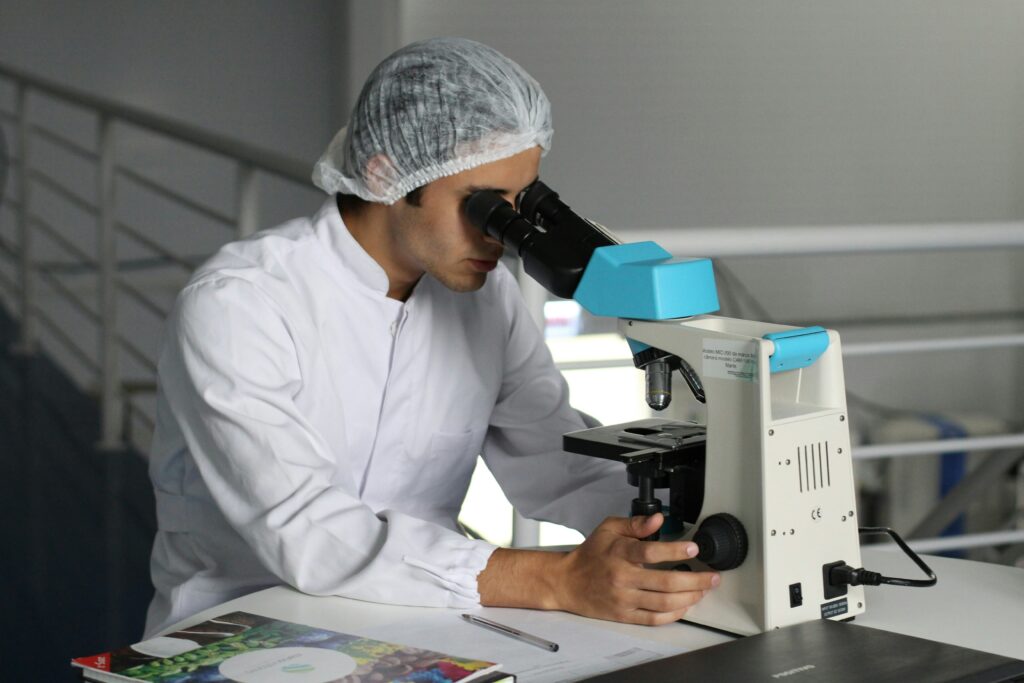List of Veterinary Surgeon Professions
When it comes to caring for animals, no other people do it better than Veterinary Surgeons, here is the List of Veterinary Surgeon Professions. Veterinary surgeons, also known as veterinarians, play a pivotal role in safeguarding the health and welfare of animals, making them indispensable members of society. Their expertise and dedication have far-reaching impacts on various aspects of our lives, from companion animals to livestock and wildlife.
The journey to becoming a veterinary surgeon begins with a solid educational foundation. Prospective veterinary surgeons typically start by earning a bachelor’s degree from an accredited college or university. While there is no specific undergraduate major required, coursework in biology, chemistry, animal science, and related fields is beneficial. Maintaining a strong academic record and gaining hands-on experience through internships, volunteer work, or research opportunities is essential.
To better understand the list of professions that fall under the Veterinary Medicine practice, we will explore its importance in detail. They have a diverse range of professions and career paths within the field of veterinary medicine. Some of the common professions for veterinary surgeons include:
-
- Companion Animal Veterinarian
These veterinarians work primarily with pets such as dogs, cats, birds, and exotic animals. They diagnose and treat illnesses and injuries, perform surgeries, provide preventive care, and offer guidance on nutrition and behavior.
- Companion Animal Veterinarian
-
- Large Animal Veterinarian
Large animal veterinarians focus on livestock such as cattle, horses, sheep, and pigs. They provide medical care, perform surgeries, and offer reproductive services for farm animals. They may also work with zoos and wildlife sanctuaries to care for exotic large animals.
- Large Animal Veterinarian
-
- Equine Veterinarian
Equine veterinarians specialize in the health and well-being of horses. They provide routine care, diagnose and treat injuries and illnesses, perform surgeries, and offer reproductive services for horses involved in various disciplines, including racing, show jumping, and pleasure riding.
- Equine Veterinarian
-
- Food Animal Veterinarian
Food animal veterinarians work with animals raised for food production, including cows, pigs, chickens, and fish. They focus on herd health management, disease prevention, and food safety to ensure the health and welfare of both animals and consumers.
- Food Animal Veterinarian
-
- Public Health Veterinarian
Public health veterinarians work to protect human and animal health through disease surveillance, outbreak investigation, and food safety regulation. They may work for government agencies, research institutions, or international organizations to monitor and control infectious diseases and ensure the safety of the food supply.
- Public Health Veterinarian
-
- Research Veterinarian
Research veterinarians conduct scientific studies to advance veterinary medicine and animal health. They may work in universities, research institutions, pharmaceutical companies, or government agencies to investigate diseases, develop new treatments, and improve animal welfare.
- Research Veterinarian
-
- Wildlife Veterinarian
Wildlife veterinarians focus on the health and conservation of wild animals and ecosystems. They may work in wildlife rehabilitation centers, conservation organizations, or government agencies to rehabilitate injured animals, conduct research on wildlife diseases, and develop conservation strategies.
- Wildlife Veterinarian
-
- Emergency and Critical Care Veterinarian
Emergency and critical care veterinarians provide urgent medical care to animals in emergency situations, such as trauma, poisoning, or severe illness. They work in emergency clinics, specialty hospitals, and veterinary teaching hospitals to stabilize and treat critically ill or injured animals.
- Emergency and Critical Care Veterinarian
-
- Exotic Animal Veterinarian
An Exotic Animal Veterinarian is a specialized veterinarian who focuses on the health and well-being of non-traditional companion animals and exotic species. These veterinarians may work in a variety of settings, including private veterinary clinics specializing in exotic pets, zoos, aquariums, wildlife rehabilitation centers, and research institutions.
- Exotic Animal Veterinarian
-
- Pathology Veterinarian
Pathology veterinarians specialize in the study of diseases in animals, employing a variety of techniques and methods to identify and characterize abnormalities at the cellular and tissue level. They may work in diagnostic laboratories, research institutions, universities, or private practices, collaborating with other veterinary professionals to diagnose and manage diseases in animals of all species.
- Pathology Veterinarian
-
- Surgery Veterinarian
surgical veterinarians contribute to veterinary research and innovation by developing new surgical techniques, refining existing procedures, and evaluating the efficacy of surgical interventions. Their research findings help advance the field of veterinary surgery, improve patient outcomes, and enhance the standard of care for animals.
- Surgery Veterinarian
In addition to their clinical and research responsibilities, surgical veterinarians are educators and mentors, training the next generation of veterinary professionals in surgical techniques, patient care, and surgical ethics.
These are just a few examples of the diverse professions available to veterinary surgeons. Within each specialty, veterinarians may choose to pursue further specialization or certification to enhance their expertise and career opportunities.
Pursuing a career in veterinary surgery is a rewarding and fulfilling path for those who are passionate about caring for animals and improving their quality of life. Through a combination of education, training, and dedication, veterinary surgeons play a vital role in alleviating pain, treating injuries, and restoring health to animals in need. For those who aspire to heal and care for animals through surgical expertise, veterinary surgery offers a fulfilling and meaningful career path filled with opportunities to make a positive impact on the lives of animals and their human companions.





